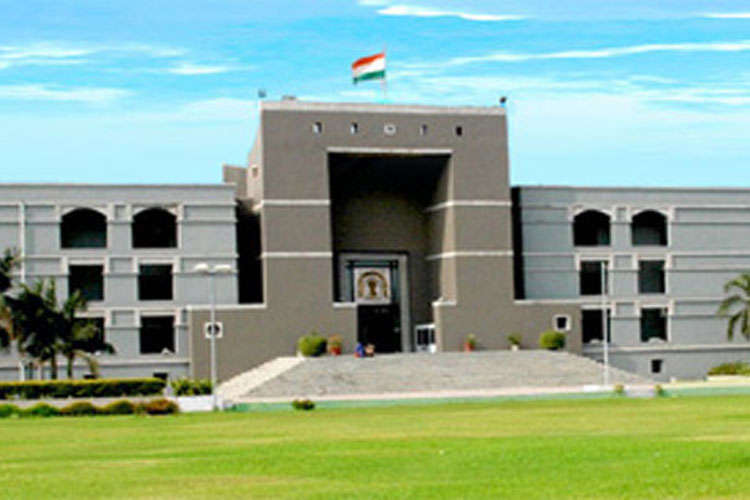The Supreme Court of India, the apex judicial body, offers prestigious career opportunities for law graduates and administrative professionals in 2026. General eligibility for core roles like Junior Court Assistant (JCA) requires a Bachelor’s degree with a minimum typing speed of 35 w.p.m. in English, while Law Clerk positions are open to law graduates and final-year LL.B. students. As a Constitutional Body, the Supreme Court provides a high-status environment for those looking to contribute to the national legal framework.
Active Recruitment
2 Active-
Supreme Court of India General Manager Recruitment 2026 - Notification, Eligibility, Salary & Last DateLast Date: Feb 28, 2026 New Delhi Tech
About Supreme Court of India
The Supreme Court of India is the highest judicial forum and final court of appeal in India. It was established on January 28, 1950, and is located in New Delhi. The Supreme Court consists of the Chief Justice of India and a maximum of 34 judges, appointed by the President of India.
The Supreme Court has original, appellate, and advisory jurisdiction. It has the power to hear appeals from judgments of lower courts, as well as from tribunals and other bodies. The Supreme Court also has the power to issue writs, such as habeas corpus, mandamus, prohibition, quo warranto, and certiorari, to enforce fundamental rights and other legal rights.
The Supreme Court is also responsible for interpreting the Constitution of India and ensuring its supremacy. It has the power of judicial review, which allows it to review and strike down any law or executive action that violates the Constitution. In addition, the Supreme Court has the power to make binding rulings on legal issues of national importance.
The Supreme Court of India plays a critical role in upholding the rule of law and protecting the rights of citizens. Its decisions have far-reaching implications for the country and its people, and it is widely regarded as one of the most important institutions in India.
Official Address
Contact Information
- +91 011 23388922-24,23388942-44
- +91 011 23381508,23381584,23384336/23384533/23384447
- Visit Official Website
This organization has released 19 recruitment notifications in the last 3 years.
Expired / Closed Notifications
-
Supreme Court of India Law Clerk Recruitment 2026 – Apply Online for 90 PostsClosed: Feb 07, 2026
-
Supreme Court of India (SCI) Invites Application for Law Researcher Recruitment 2023Closed: Mar 31, 2023
-
Supreme Court of India Invites Application for Court Assistant Recruitment 2022Closed: Dec 31, 2022
Organization Overview
The Supreme Court of India is the highest judicial court under the Constitution of India, acting as the final court of appeal and the protector of fundamental rights. Established in 1950 and based in New Delhi, it manages a wide range of administrative and legal cadres. Working here offers unparalleled exposure to the legal system, working alongside Hon'ble Judges and the Registry of the Supreme Court.
About Supreme Court of India Careers
| Details | Information |
|---|---|
| Institute Type | Constitutional Body (Judiciary) |
| Headquarters | New Delhi |
| Entry Gateways | SCI Recruitment Portal, Judicial Clerkship Exam 2026 |
| Salary Range | ₹35,400 to ₹2,18,200 (Based on 7th CPC Pay Level) |
Key Job Profiles
- Law Clerk-cum-Research Associate: A short-term contractual role (Term 2026-2027) for law graduates assisting Hon'ble Judges in research and drafting.
- Junior Court Assistant (JCA): A regular Group B (Non-Gazetted) post responsible for court management and administrative filing.
- Court Master (Shorthand): Highly specialized roles requiring high-speed stenography and legal documentation expertise.
- Senior Personal Assistant (SPA): Providing secretarial and administrative support to senior officials within the Registry.
Salary & Benefits
Employees of the Supreme Court are governed by the 7th Pay Commission scales, offering some of the best benefits in the public sector.
- Junior Court Assistant: Pay Level-6 (Basic ₹35,400) with gross monthly emoluments approximately ₹72,040 including HRA and DA.
- Law Clerk: A consolidated monthly remuneration of ₹1,00,000 without additional allowances.
- Group A Officers: Pay scales up to Level-14 (₹1,44,200 - ₹2,18,200).
- Benefits: Includes CGHS medical facilities, LTC, paid holidays, and a unique professional exposure within the highest judiciary.
Selection Process
The recruitment methodology is rigorous to ensure the highest caliber of staff:
- Law Clerk Selection: A 3-stage process involving Part-I (Online MCQ on Law), Part-II (Subjective Written Test), and Part-III (Personal Interview).
- Junior Court Assistant: A multi-stage exam including an Objective Test, Computer Typing Test (English), Descriptive Test (English), and Interview.
- Negative Marking: Most objective tests at the Supreme Court carry a penalty of 0.25 marks for each wrong answer.
How to Crack Supreme Court of India Exams
For Law Clerk aspirants, mastery over constitutional law and recent landmark judgments is critical; proficiency in legal databases like SCC Online and Westlaw is mandatory. For JCA roles, the English Typing Test is often the biggest hurdle; candidates must maintain a speed above 35 w.p.m. with high accuracy to qualify for the next rounds. Regularly practicing precis writing and essay drafting is vital for the descriptive paper. Ensure you monitor the 'Recruitment' section of the official SCI website for 2026 notification updates, as application windows are typically short (approx. 20 days).
Mandatory Disclaimer: All details are sourced from official notifications. MySarkariNaukri.com provides informational guidance only and is not affiliated with any government agency.
Verification Source: Official Supreme Court of India Website

.gif)



